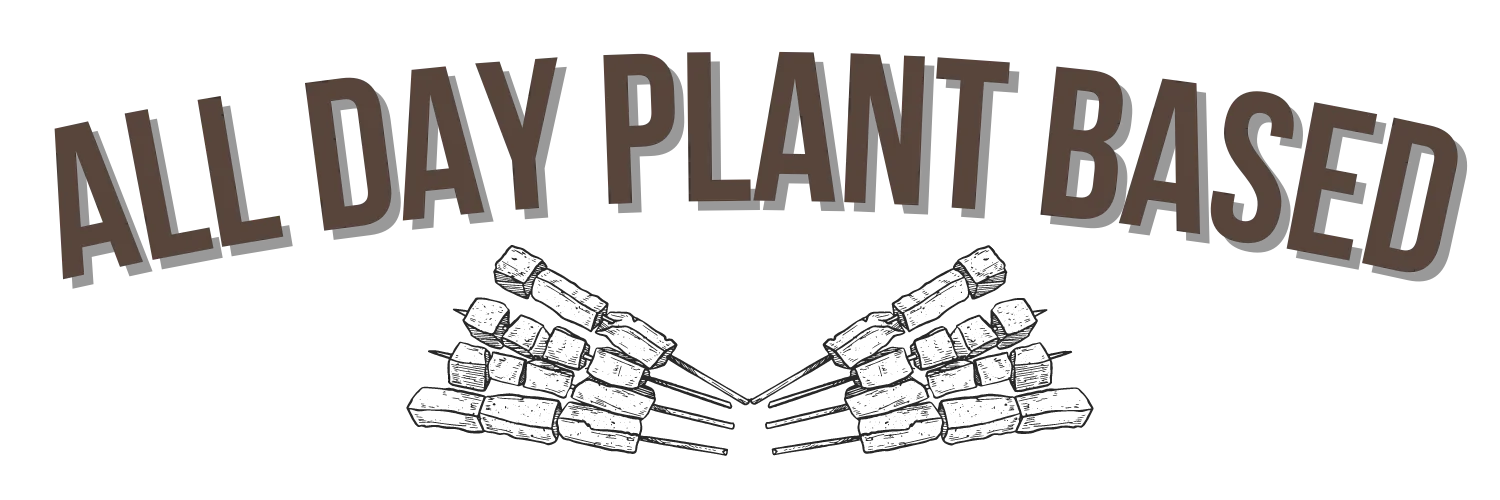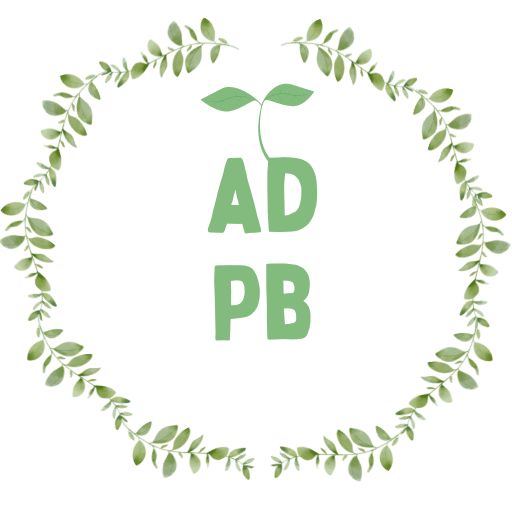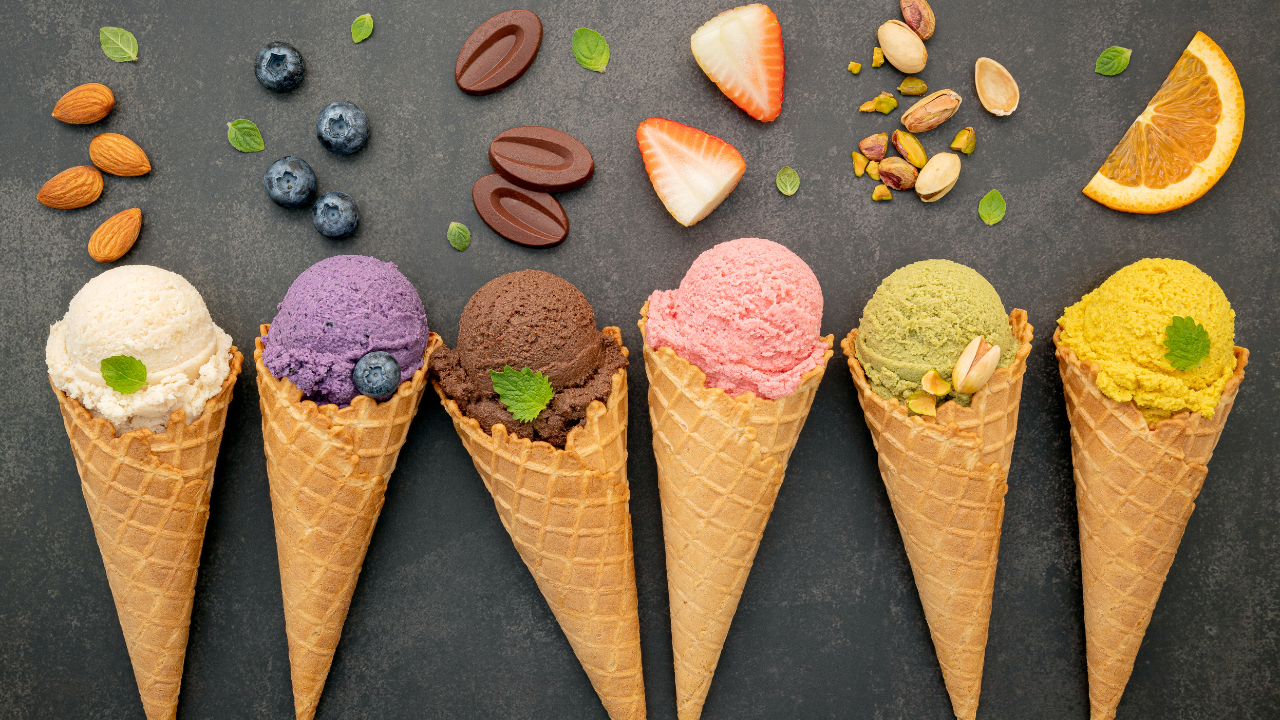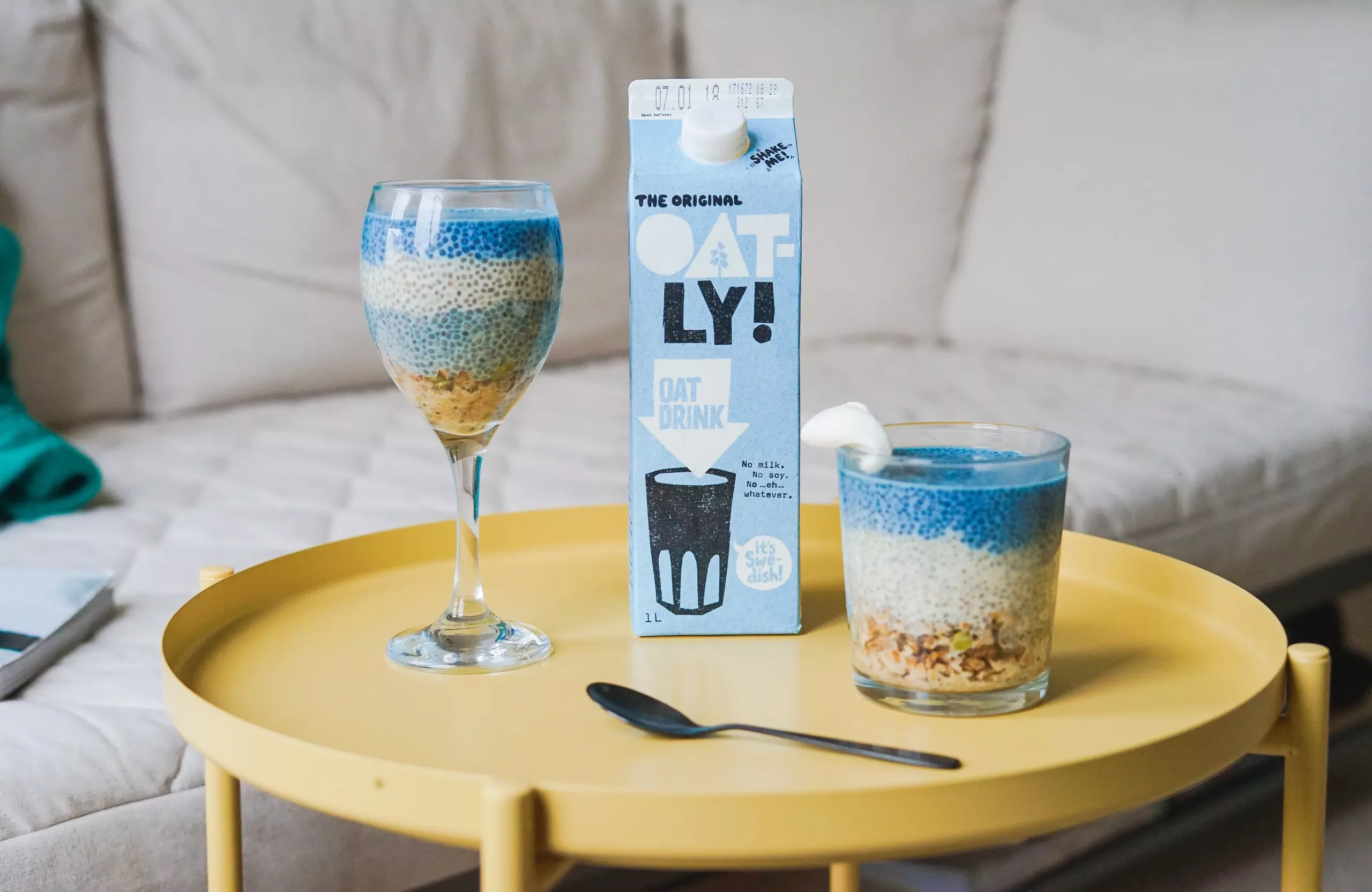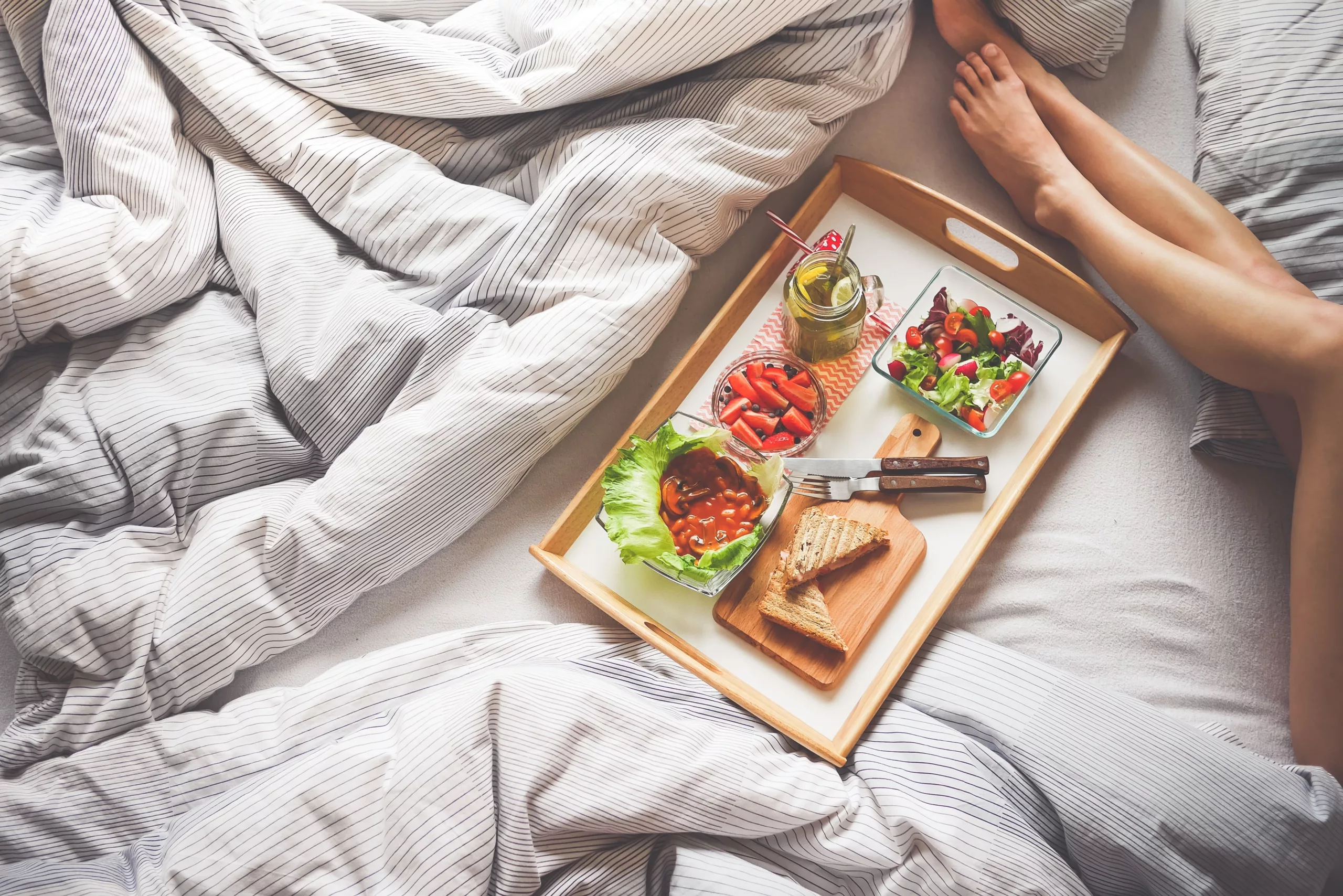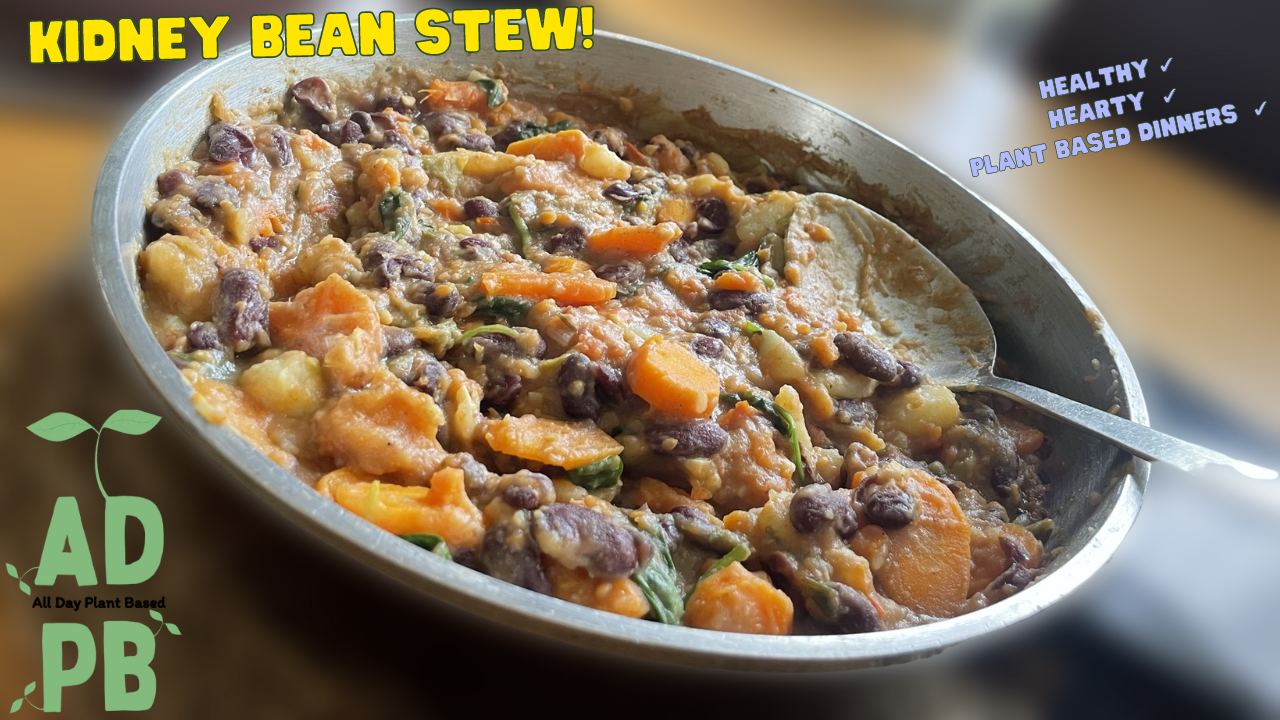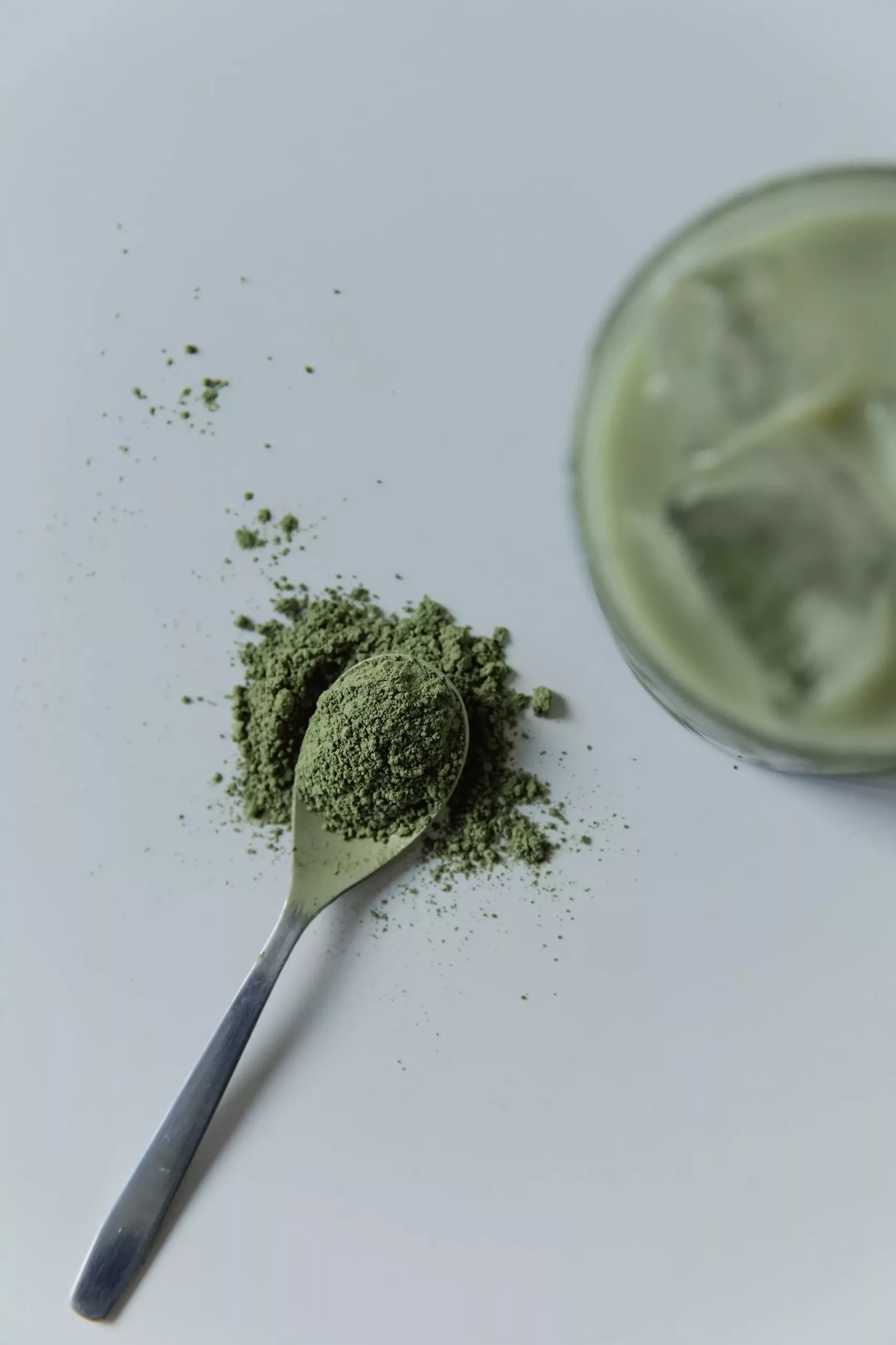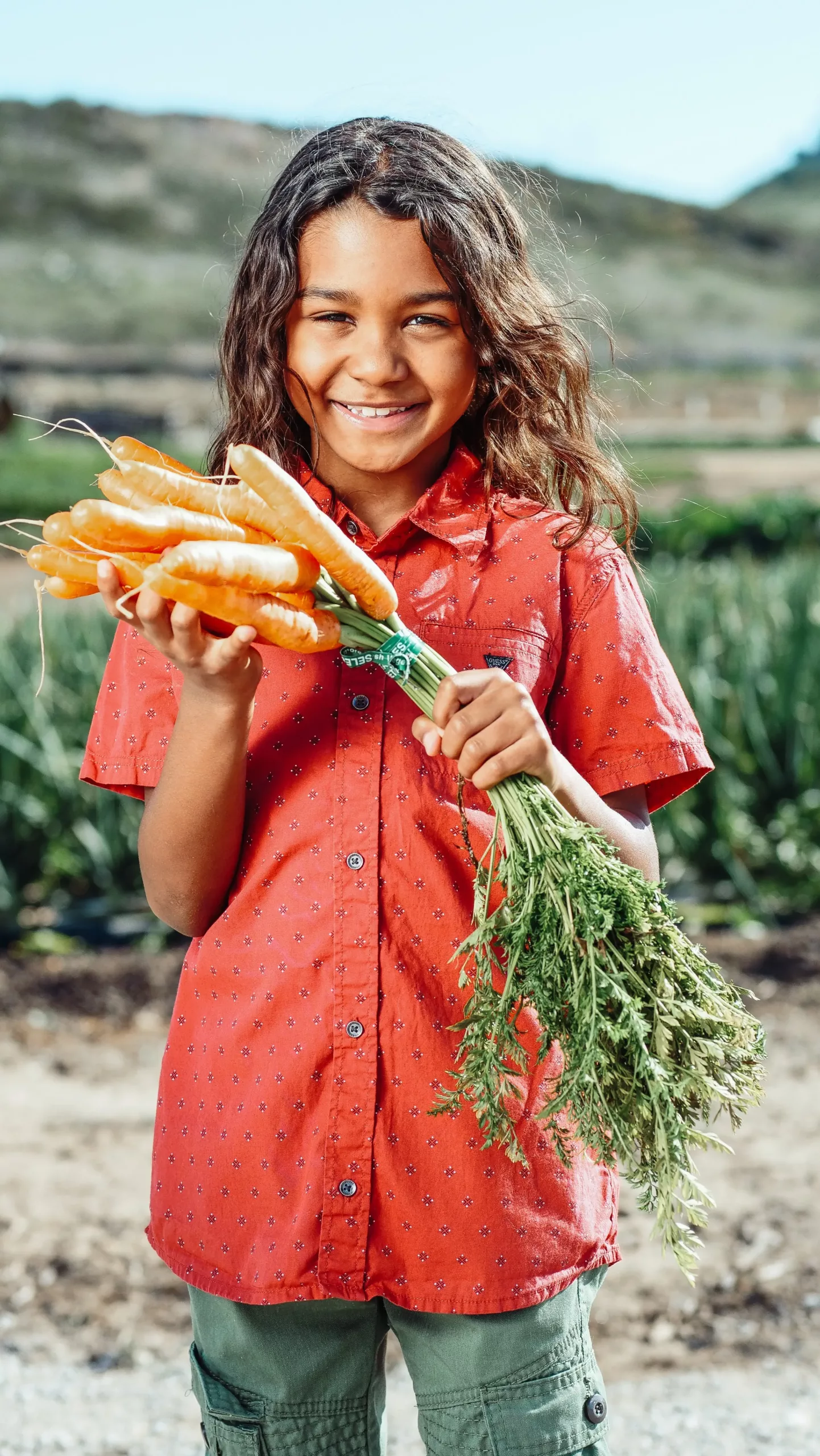In this post, I delve into the specific challenges that come with taking on a vegan diet, yes, veganism is growing, but so are the challenges that come with it. This is the first in a series of posts that will share recipes, tips, and advice in hopes of encouraging at least one person to take the leap.
Is being vegan hard?
In short, the level of difficulty veganism will pose for you is dependent on the following:
- Whether or not you have a good reason for switching
- If you have any supporting family or friends
- If you are able or willing to learn how to cook vegan-friendly food
- Whether or not you are able to adapt to never eating animal ingredients again (Learning how to find good vegan alternatives)
If you can confidently say none of these issues would affect you then switching to the vegan diet should be a breeze for you.
Briefly clarifying what veganism is
Before we dive into this a little deeper, let’s clarify what veganism is, and what you can eat, this is important because you should know exactly what you’re getting yourself into before you make the switch. Most people do not realise that veganism is a lifestyle, not just a diet!
Being vegan means you agree to living a life where compassion becomes a priority, you no longer view any being as worthy of unnecessary harm and this is reflected in your diet, fashion, home and the way you think about the world.
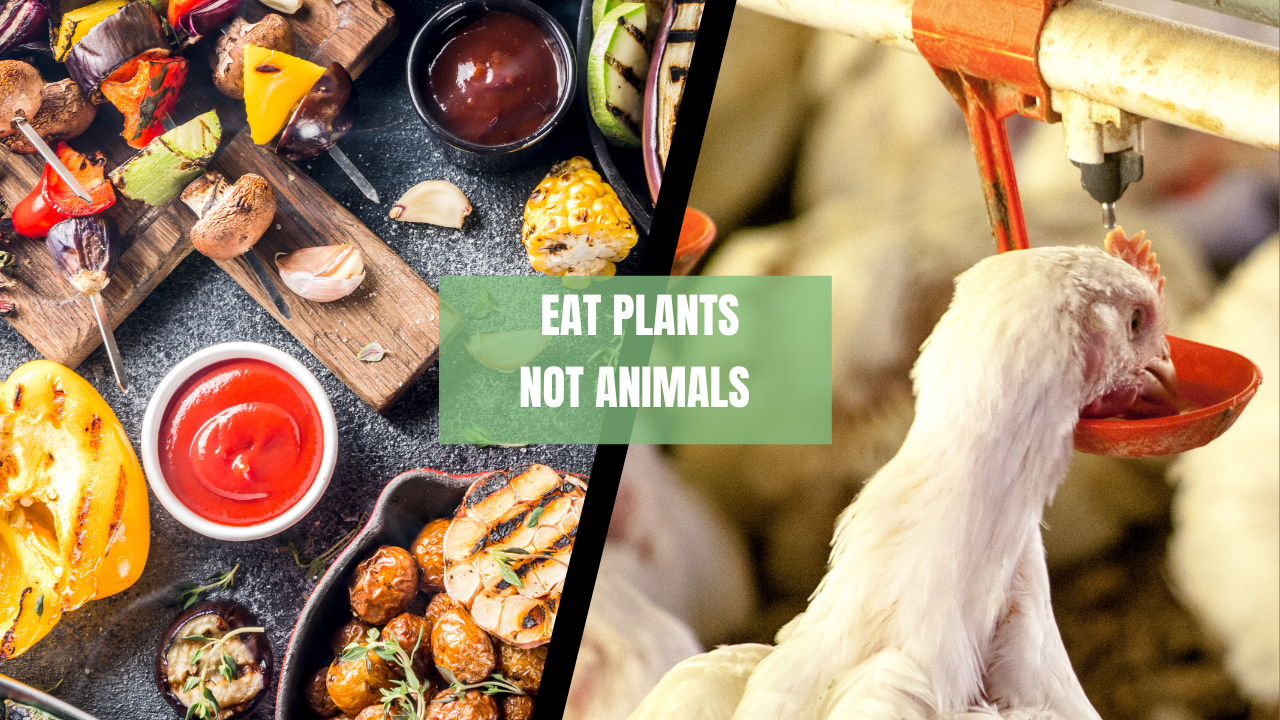
What’s on the table?
- Fruits
- Vegetables
- Nuts
- Seeds
- legumes (beans, lentils, peas etc)
- Soy (e.g tofu & tempeh)
- Dairy Alternatives (Soy milk, oat milk, coconut milk etc)
mushrooms and edible fungi
- Spices/aromatics
What’s off the table?
- ANY meats such as Pork, Lamb, Chicken, Beef, Fish, Crustaceans (crabs, lobsters), etc
- Eggs (Some mayonnaises)
- Cheese
- Milk (Ice creams, yoghurts)
- Honey
Now you should have a general idea of what the vegan diet looks like however putting it into practice can be easier said than done. For this exact reason, I have dedicated my time to creating (mostly) simple recipes that are tasty and 100% plant-based, to check those out simply click here.
The challenges vegans face when it comes to food and nutrition.
Cutting out all animal products is not necessarily a hard thing to do, but when you first make the switch, you’ll still have tons of old habits and practices that will no longer work.
- Non-vegan food items all over the home
When you go vegan you feel like a new person, refreshed and ready to make a change. Oh but what about all foods still in the house from before I made the switch? This is a problem I faced when I first went vegan 2 years ago ( 31st October 2020)
Not only where there tons of crisps, biscuits and other snacks with milk or egg in them, but I also received a birthday cake which had egg in it. I genuinely didn’t know what to do. Do I throw the cake away or do I postpone my switch to veganism slightly?
I made the ‘controversial’ decision of taking it slowly and easing into my veganism over the course of 2 weeks. If you face a similar problem, where you wish to go vegan but still have tons of foods that aren’t compliant, I’d suggest either gifting it to someone or making those foods your last non-vegan meals.
This is because I believe using the product is much better than wasting it, even if it contains animal ingredients. However, this should only be taken on board when first making the switch.
Once you’ve gained traction with being vegan for a week or two, it’s time to dive in fully, no more animal products ever again!
2. Get used to checking the ingredients list (And being disappointed)
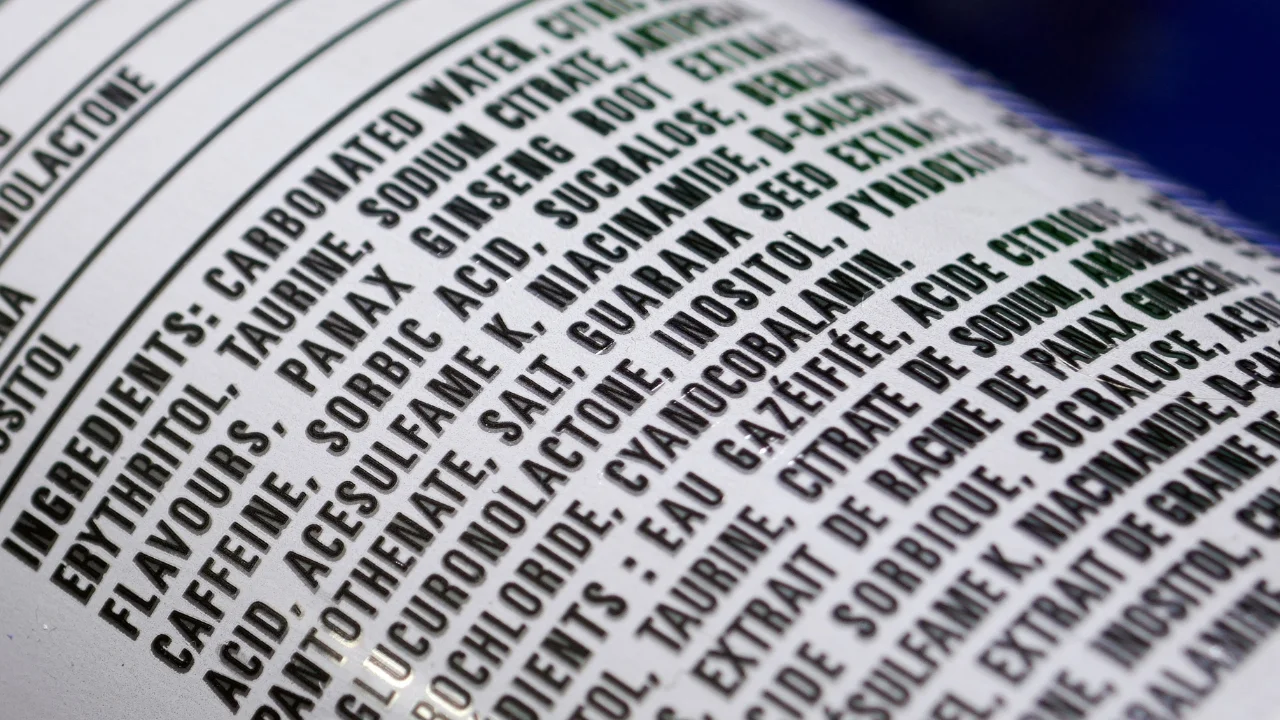
Chances are all your favourite snacks and store-bought foods will contain milk powder or egg, these two ingredients are so common but prior to making the switch, I had no idea they were in everything.
As the heading says, get used to checking ingredient lists, but luckily, as time progresses and you become accustomed to your own vegan lifestyle, you won’t have to check ingredients nearly as much. You’ll already know what foods are and aren’t vegan.
You’ll be able to recognise a non-vegan snack from a mile away! In any case, these days there’s really no excuse if you live in a developed country, there are so many vegan alternatives and vegan-friendly options. The easiest way to spot these is with the vegan checkmark, which looks like the below:
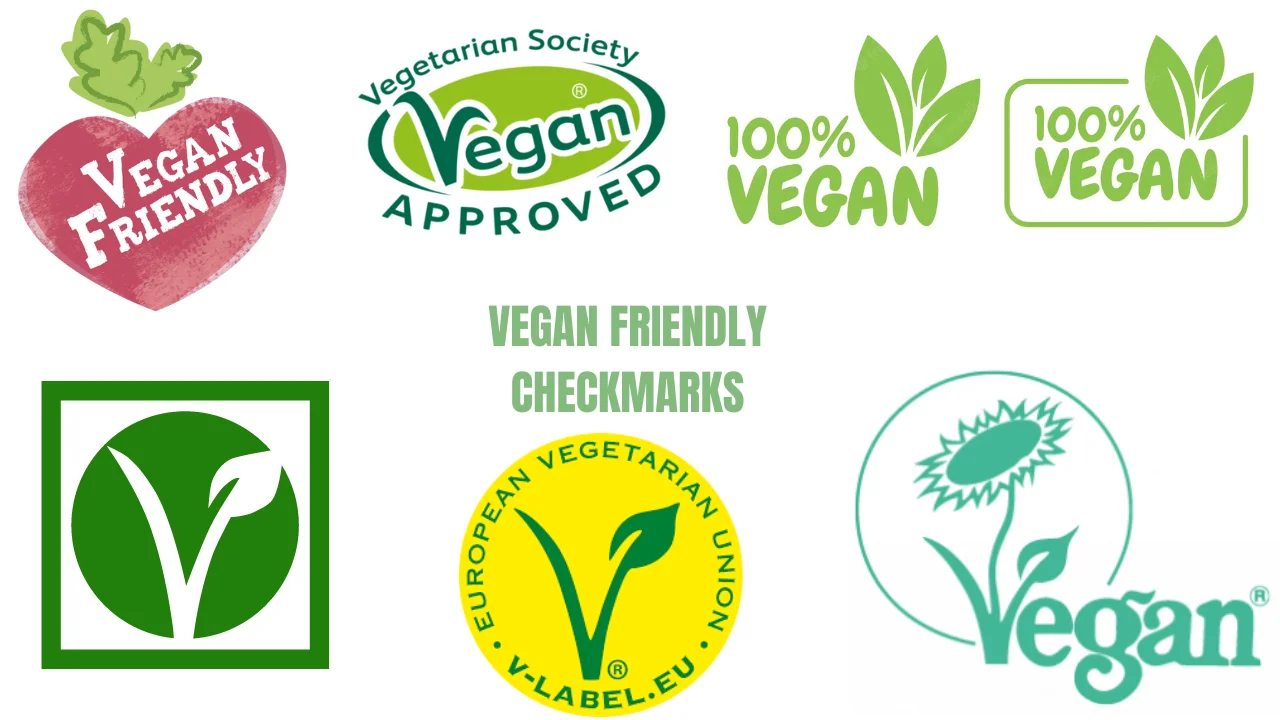
A logo or restaurant menu item with ‘V’ on its own might not mean vegan but if it’s a ‘V’ with a leaf on it, you can rest assured it will be vegan.
Nice and simple right? If not then head over to this article, where I discuss how and where to buy vegan food. (Mostly applicable for UK folks but everyone can learn at least one thing from that post.)
3. Eating out can be a hassle
As a vegan, chances are you’ll be in the minority, this means when it’s time for family outings or social gatherings, the food being served will be mostly unsuitable for vegans. This can be a major headache, however, there are a few things you can do.
Even if there are no vegan options on the menu, ask the waiter if any of the dishes listed can be made vegan for you. There’s a saying that goes “Ask and you shall receive” In this case, however, there’s a low chance you will receive, but it’s still worth asking.
I have tried a couple of times and the success rate is low. When all fails, I’ll just eat some fries and I’ll be satisfied.
The best way to avoid this altogether is to proactively scout out restaurants that have vegan options. You don’t necessarily have to find a vegan restaurant though, as your friends and family may not be up for that.
How to make going vegan easy (And why 50% of vegans feel it’s a breeze)
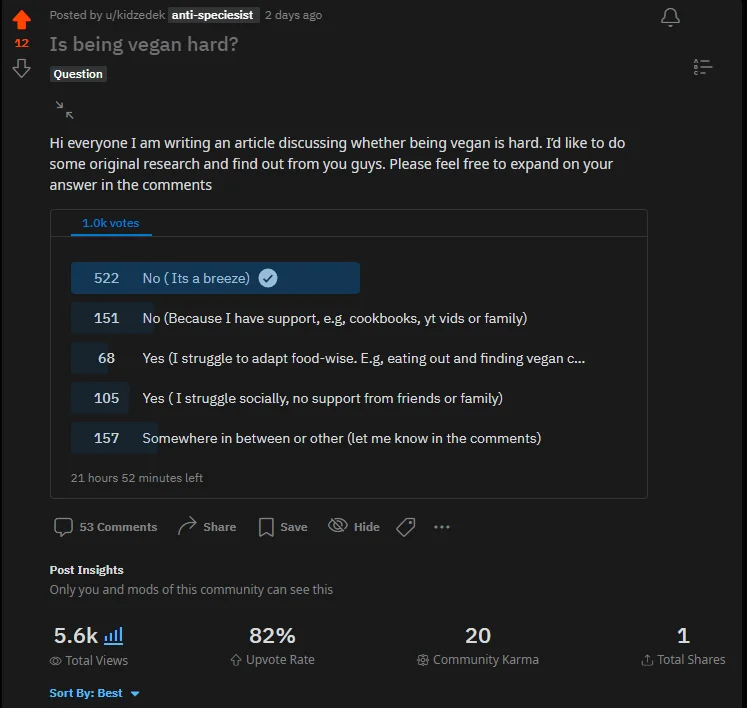
As I alluded to earlier, there are 4 main problems that can make veganism difficult for you:
- Whether or not you have a good reason for switching
- If you have any supporting family or friends
- If you are able or willing to learn how to cook vegan-friendly food
- Whether or not you are able to adapt to never eating animal ingredients again (Learning how to find good vegan alternatives)
So, let’s tackle each of these one by one in order to give us the best chance of going vegan and staying vegan! But before we dive into that I’m sure you notice the Reddit poll up there.
Of the 1 thousand vegans who responded to my question, a large chunk of people feel as though veganism is a breeze (522 people to be exact) and I believe this is tied directly to the first reason…
Whether or not you have a good reason for switching.
50% of vegans feel like its a breeze. And the majority of people who struggle, are affected socially, this means getting use to a new diet is not really the issue, but in turn dealing with the people around us who aren’t vegan can be the bigger challenge.
The reason why the diet itself is not a big issue comes down to the simple fact that we know our actions have consequences on the other animals on this planet, and so making the choice to not intentionally harm them can be easy.
I made the switch after watching a documentary which showed the horrors of factory farming, I could no longer ignore the obvious truth and decided to live a life of compassion towards animals. From that day I never once thought about eating an animal again.
There would even be times when I’d grab an eye-catching snack from the store, look at the ingredients, see cow milk and just like that, I no longer wanted it. When you have a serious reason for making the switch to veganism, there’s no reason why you’d want to give it up.
However, that is only one part of the story.
What if you’re serious about veganism but you don’t have any supporting friends or family?
What if you live in a household where you’re the only vegan and you have to live with people who eat animals? What if you’re a highly social person and love to eat out with friends, but now you’ve made the switch? You may end up the odd one out.
These issues are incredibly challenging and I had to deal with these problems for the first couple of months of being vegan. However, my best piece of advice would be to have patience. You may feel anger and disappointment towards your family because they continue to consume animals. On the other hand, your family may feel anger and disappointment towards you because you’ve made a significant lifestyle switch that goes against the norm.
Although these problems may occur, it’s important to know eventually they will wash over. You will have to learn to accept differing lifestyle choices, and slowly overtime you may even find that your family slowly open up a bit to the idea of veganism.
When I made the switch I was not preachy about it, instead I demonstrated that you can be a healthy vegan who is not phased by what others say. Over time I got better and better at plant based cooking and my family enjoyed my food. Because of this they were even more open to the idea of veganism.
Now fast forward to today, I’m still the only vegan in my house (lol) but my brother is vegetarian and the rest of the fam, rarely eat meat now, which is insane compared to two years ago. So in my mind, it’s a big win.
In regards to eating out with friends, you will have to make a compromise, either move forward together and find good restaurants with vegan options. Or (If your friends are heavy meat eaters) you may have to give up eating out with them. Simple as.
This leads us to the next challenge
Are you able or willing to learn how to cook vegan-friendly food?
A sweet veg korma I made. Yum
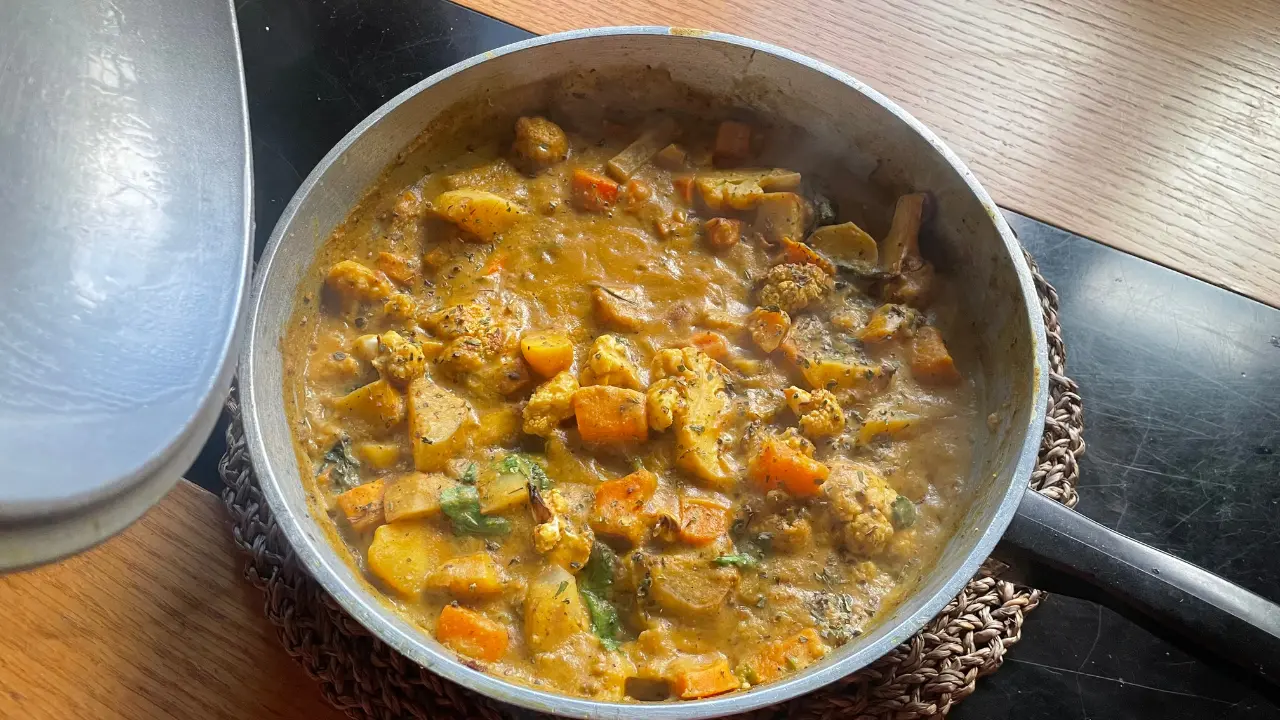
If you have no support from friends and family your last hope may be whether or not you are good in the kitchen. If you’re not, this could be the straw that breaks the camel’s back, in that, you may feel like being vegan is too much of a challenge.
However, I really do beg to differ. These days there are thousands upon thousands of easy vegan recipes and great vegan cookbooks. Personally, I recommend the BOSH! all plants cookbook (link to amazon). The recipes are simple and tasty and the ingredients are easy to obtain.
And I recommend the following YouTube channels for getting fast-tracked to pro-level-vegan in the kitchen:
- Rainbow plantlife (Easy to follow, tasty recipes, funny and extremely helpful. Her videos have given me lot’s of inspiration for my own recipes as well as lots of useful cooking tips)
- Sauce Stache (Awesome vegan chef. If you want to learn how to make vegan meat substitutes, this is your guy.)
- Andrew Bernard (Simple, no-fuss vegan recipes, lots of feel good soul food, and great videography and music)
- AllDayPlantBased (How could I not include myself, I’m not on the level of these guys but I’m getting there ;) )
- EatMorePlants ( This guy has to be the best vegan chef I’ve ever seen. By no means are his recipes simple, but he can cook any cuisine from all across the globe and make it vegan friendly)
And the last significant challenge I believe vegans face
Whether or not you are able to adapt to never eating animal ingredients again.
(Learning how to find good vegan alternatives)
Can you get used to never having cheese again? Well, there are tons of vegan options but I can not speak to the quality of them all. A large majority either taste funky or do not melt. (I’ve given up the search)
Luckily for me though I was never a huge fan of cheese. However, it’s not just cheese. I can assume you’ll be after vegan alternatives for all sorts of foods. In my opinion, the best place for that is Ocado. (They have tons)
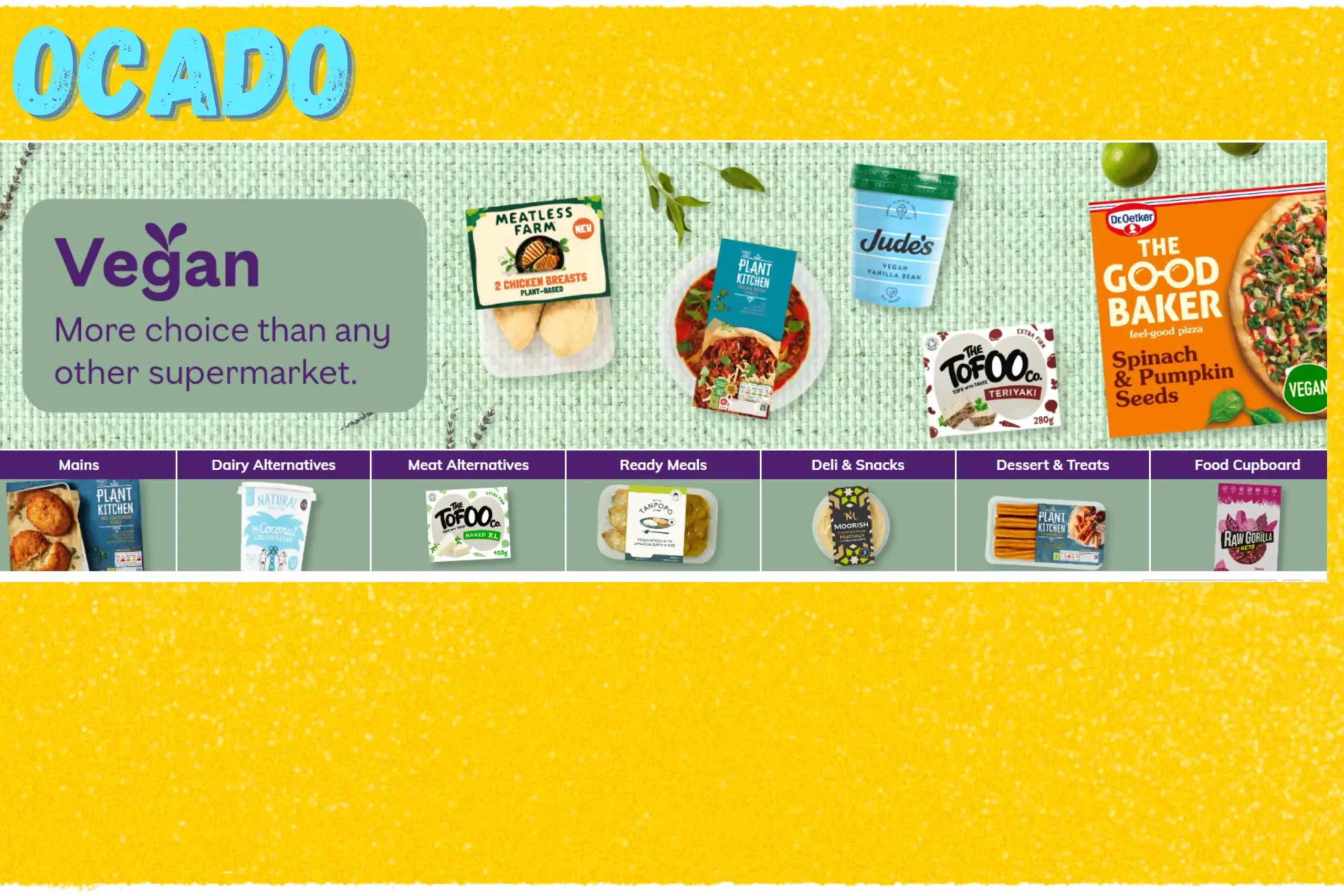
And as I mentioned earlier, Sauce Stache is your guy if want to learn how to make all sorts of vegan substitutes from home.
Closing thoughts (how to overcome any challenges encountered as a vegan)
The key to conquering any challenges to veganism is to remember why you made the switch (or why you want to make the switch) This will ground your veganism back to reality. The reality of the situation for me was that I was directly contributing to unnecessary, completely avoidable animal suffering and death.
If I ever have a lapse (which I hope I won’t) All I have to do is remind myself why I’m doing this. Some people choose veganism for the environment. If that resonates more with you,let that be your reason and don’t let go of it. If you know you are making a positive impact beyond just yourself then continue.
Have a blessed day, alldayplantbased out!
